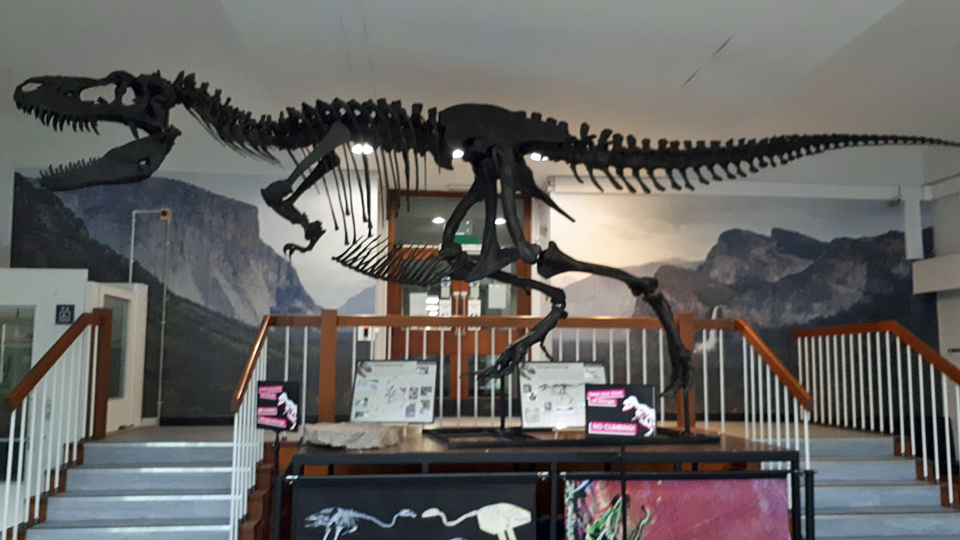Over the last month Potential Plus UK has been busy highlighting the needs and exploring ways to support disadvantaged learners with high learning potential, as well as those with SEND.
Exploring a Model of Support for Disadvantaged High Potential Learners
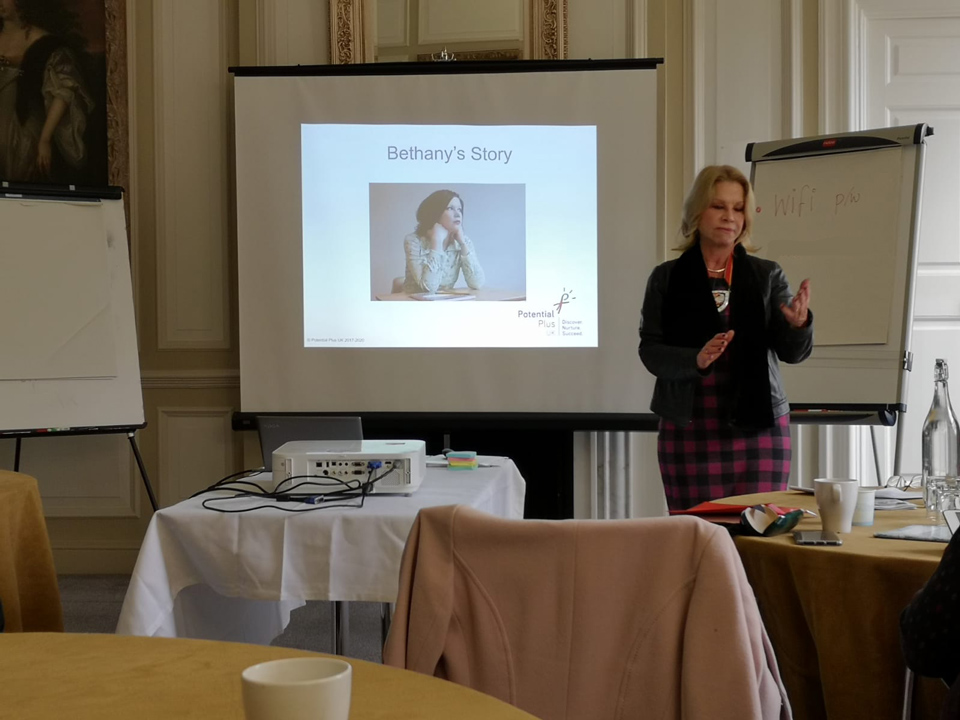
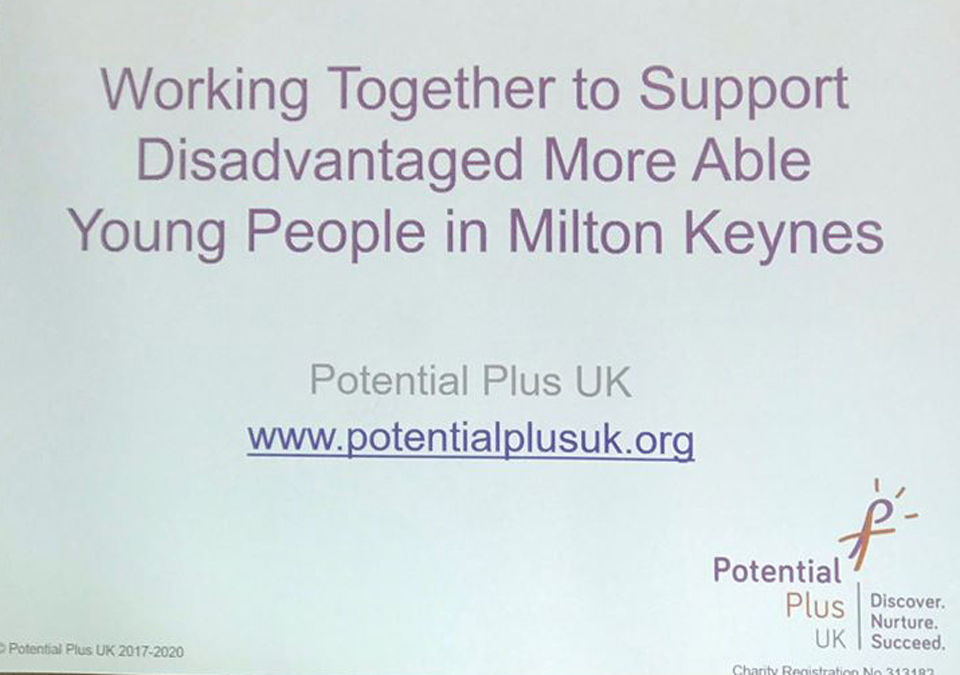
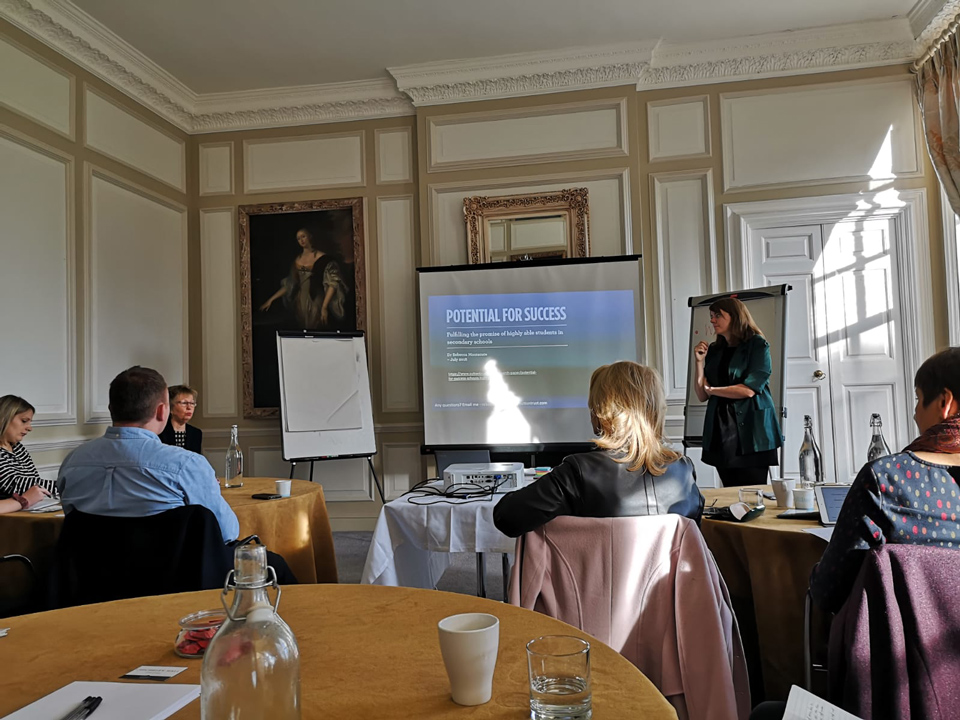
Our thanks go to all participants at an exploratory meeting that looked at how Potential Plus UK might work with stakeholders in Milton Keynes (as it is on our doorstep), ensuring that we recognise and support disadvantaged young people with the potential to excel in their education and life. Special thanks go to our guest speakers: Julia Upton MBE, High Sheriff of Buckinghamshire; Dr Rebecca Montacute, Research and Policy Manager at the Sutton Trust; and Dr Mac Heath, Director of Children’s Services at Milton Keynes Council. Together, we identified key priorities for us to explore further, to find a model of support across schools and other local organisations.
Young people have the potential to be leaders in society; to apply their abilities, talents and strengths to benefit the community as a whole. However, too often this potential is missed, remaining unidentified or failing to be nurtured, and a different route is taken by them, which at worst becomes a cost to society. We want to work together with others to start to change this. A big ambition, but we have to start somewhere!
Key Questions for Meeting the Needs of Most Able Learners, Including Those with SEND
It was a pleasure to deliver this keynote address to delegates at a Central London conference organised by Inside Government. We reflected on the historical context of ‘most able’ provision, and the questions schools need to ask themselves in order to ensure that the quality of education experienced by their high potential learners, including those with SEND, is sufficiently ambitious and provides equality of challenge for all their learners.
Supporting DME Young People in the Classroom
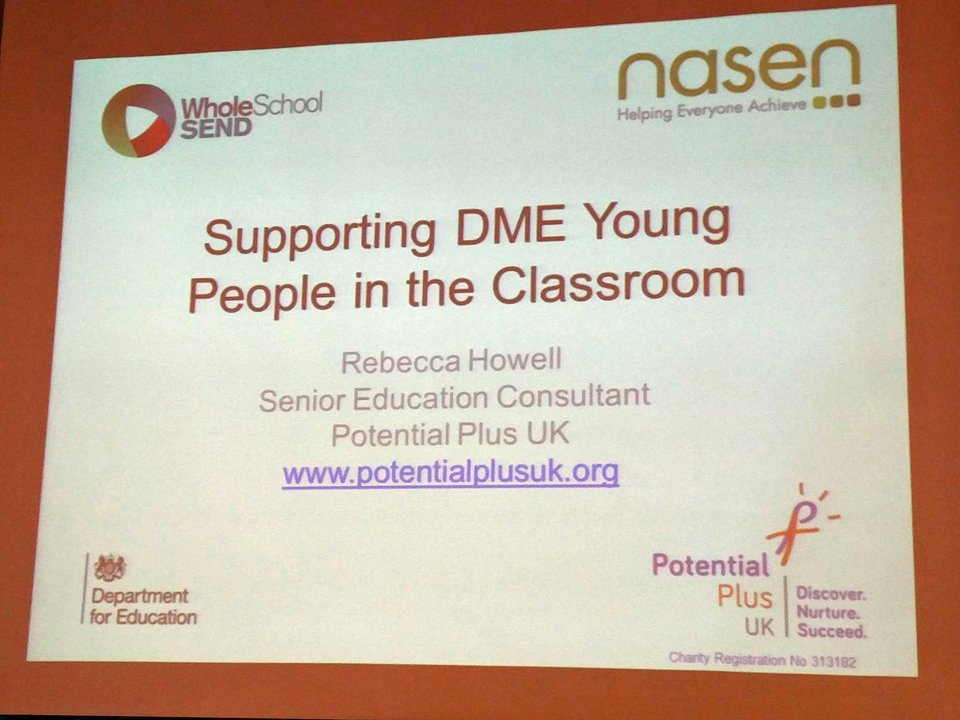
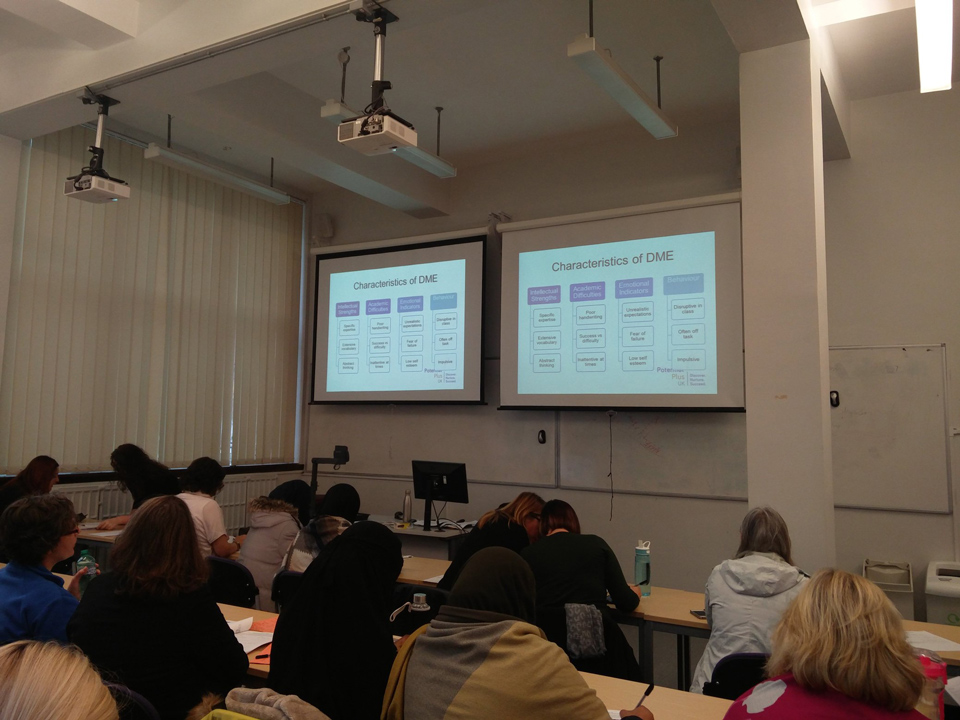
Thanks to the University of Manchester for hosting Potential Plus UK’s teacher training on how to identify and support DME learners. DME stands for dual or multiple exceptionality; the term is used in England to describe learners who have both high learning potential and special educational needs and disabilities (SEND). In other parts of the world it is known as Twice Exceptionality or 2E. The training in Manchester formed part of Whole School SEND and a similar session will be repeated by Potential Plus UK for NQTs in London during the Spring Term 2020.
Training at the University of Manchester brought its own surprises – it’s not every day that we reach the training room by turning left by the dinosaur!!
